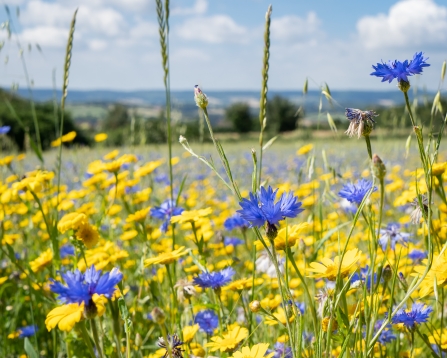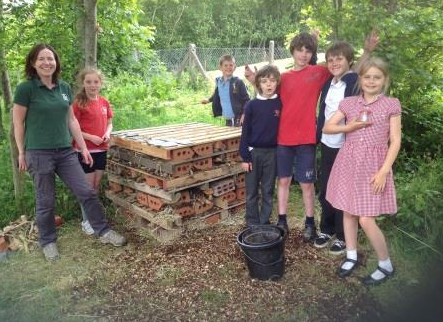My name is Anna David and I’m the Team Lead on the Devon Greater Horseshoe Bat Project. There are just seven months of this project left and DWT needs to raise funds to complete the bat team’s invaluable work this year. Thanks to funding pledged by the National Lottery Heritage Fund, every £7 donated by DWT members is worth £20 for bat conservation in Devon – making a donation of any size go a lot further.
In these final seven months of this Devon-wide project, we need to secure a legacy of support for greater horseshoe bats in the communities where landowners, school groups, local councils and other residents have been engaged in helping bats since the project began in 2014. Can you give a ‘Devon seven’ – each worth £20 for the Greater Horseshoe Bat Project – to help Devon’s most spectacular bat and the insect-rich habitats it needs to thrive?
Seven areas of Devon where bats need support
Significant greater horseshoe maternity roosts are found in seven areas of the county: near Braunton in north Devon; inland from the coast near Beer in east Devon; on the Devon side of the River Tamar near Gunnislake; along the south-eastern fringe of Dartmoor, from Buckfastleigh to Chudleigh; at Berry Head in Torbay and in the Dart and Avon valleys in the South Hams.
How bats can be helped in the next seven months
In the last seven months of this popular project the team needs to ensure that local people in these places have what they need to continue being bat champions when the greater horseshoe baton is passed to them. Here are seven ways your support will help bats and bat-friendly habitats in Devon:


